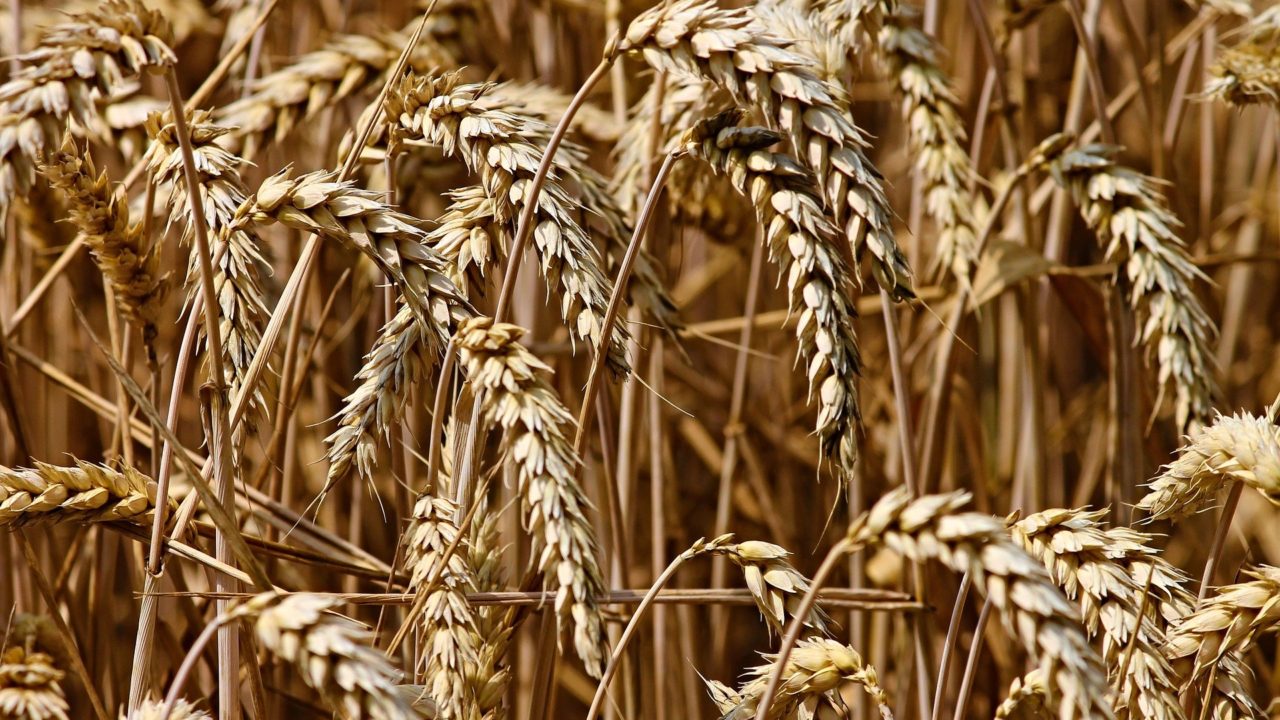The European Union is expected to have 38 million tonnes of exportable wheat this year, according to a senior official with the European Commission.
Michael Scannell, deputy director general within the commission’s Directorate General for Agriculture and Rural Development (DG AGRI), made the above comment to the Joint Oireachtas Committee on European Affairs.
He also said that a resilient and powerful agri-food system had been developed in Europe over the past 60 years due to the Common Agricultural Policy (CAP).
Scannell said that there was “no need to panic” from a European context, but he did voice concern about the global situation.
Challenges
“We have our challenges obviously. We’re heavily dependent on imports of fertilisers and animal feed. But when it comes to animal products and the main crops, like wheat, barley and corn, we’re in a very good position,” he said.
Scannell pointed to the challenges posed to food production including disease, climate change, the Covid-19 pandemic and most recently the war in Ukraine.
He noted that the war in Ukraine had provided “a major shock” to agri-food chains globally, but not necessarily in Europe.
He said that the war had posed fundamental questions about how adaptable we are at a global level to dealing with food security.
However, in Europe, he said that there are measures in place to deal with the fallout from the conflict.
Grain exports
Although Europe imports virtually no wheat from Ukraine, it does buy maize for animal feed and sunflower oil.
Scannell outlined that overall, there are alternative supplies or products available to make up the shortfall.
“Europe isn’t immediately exposed in terms of its own supply chain on these commodities, other than sunflower oil,” he said.
“But the impact on a global level is very significant because Ukraine accounted for a very large share of world trade in wheat. So the question is to what extent global markets will adapt to the loss of these Ukrainian grains?”
Scannell said the EU is attempting to ensure that loss is kept to a minimum by the use of solidarity lanes to export grain out of Ukraine.
He noted that the closure of the Black Sea ports poses a major challenge and the volumes traditionally exported from them cannot be replaced with road and rail links.
The EU is closely monitoring the higher costs associated with transporting Ukrainian produce by truck and trains to ensure it remains competitively priced.
Scannell said the EU Commission has high hopes that a pilot shipment of grain from the port of Odessa arising from United Nations (UN)-led talks between Ukraine and Russia in Turkey will be successful.
“However, we have to be prudent and anticipate a scenario where either it doesn’t prove possible to reopen the ports or even if they do reopen it will take some time for the normal logistics to pick up to their former levels,” he cautioned.
Harvest
The European wheat harvest is expected to be around 125 million tonnes this year, which includes an exportable surplus of some 38 million tonnes.
“At the global level, overall wheat production will be relatively stable at 775 million tonnes, little changed on the previous year,” Scannell told the committee.
Ironically, Russia is set to profit from the current situation on grain markets due to an expected very strong harvest there.
It is currently anticipated that 10-11 million tonnes of wheat from Ukraine will access world markets.
Scannell stressed that although grain prices were falling as the northern hemisphere harvest come on stream, markets remain fragile.
Energy
The EU Commission official said that a bigger threat was the energy situation if Russia decides to close or reduce the flow of its gas supplies.
“The commission will next week adopt a communication on essentially how we anticipate potential shortages in key energy inputs, notably gas, as the winter approaches.”
Scannell said that a significant number of member states had already drawn up national provisions to prioritise who gets access to key energy inputs.
He also said food and energy price increases had been anticipated to be transitory but this has not been the case mainly due to the ongoing war and had led to “longer and more worrying levels of inflation”.
Scannell added that it is “a painful and difficult exercise” to reduce inflation.
